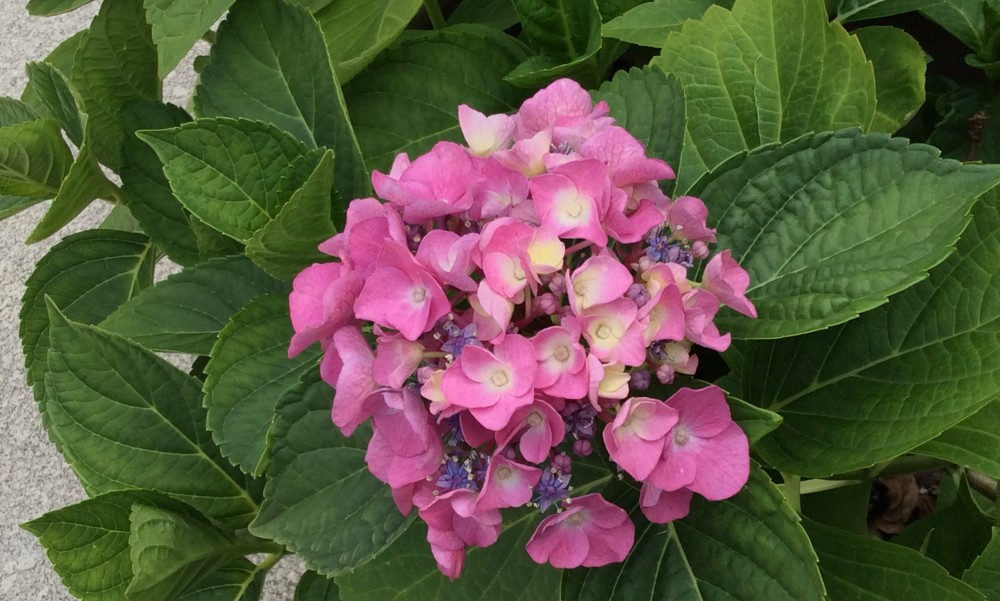Nikolai Ivanovich Vavilov was a Russian botanist and geneticist who devoted his life to understanding crop failures and ending famines. A brilliant scientist, he discovered that all cultivated plants derive from certain “rough” ancestors, and these “original” versions of our modern-day foodstuffs began and first took root in a very few centers of origin located around the globe. There may only be 8-12 of these Vavilovian Centers, and most everything we eat derives from one of these critical crop locations.
Wheat is from the Central Asiatic Center. Potatoes and tomatoes are from the South American Center, which is amazing to me. This means that there were no potatoes in Ireland and no tomato sauce in Italy until after Columbus discovered America. From a culinary standpoint, you begin to taste how important these centers are and what a contribution to crops and cooking Mr. Vavilov has made.
Thank you, Nikolai Ivanovich.
As a post script, the Crepe Myrtle, though not listed as a crop, derives from the Indian Center, as does rice, which paints another fascinating picture. There was no rice in China until after it first sprouted in India.
And as a footnote, why are these centers so important? Consider that, with the incredible productivity of modern manipulated and custom-designed grains, there may also be sometimes hidden genetic weaknesses. With a turn in an environmental circumstance or some other untoward catalyst adversely affecting the predominant strain of a grain, say wheat, the entire crop could be lost and the seed stock rendered worthless.
This is when the modern day Vavilov’s will scurry off to that ancient center for wheat, which is in the region of northern Iraq, southern Turkey and eastern Syria. There, on their hands and knees with magnifying glasses, the scientists will scour the grounds of graveyards and ancient ruins, because these are often the only plots left untouched by the intrusions of modern man. A tired researcher will find a seed of some surviving dwarf version of wheat, raise it in the air and shout with joy, because that ugly old hardy plant and its seed will likely be resistant to whatever weakness destroyed its modern cousin.
The farmers will be happy and make another wheat crop. At home, we will be happy and make another sandwich, not realizing that we owe our lunch to a Russian scientist who just wanted to make the world a better place.
Enjoy that sandwich and have a productive day,
Grandpa Jim
